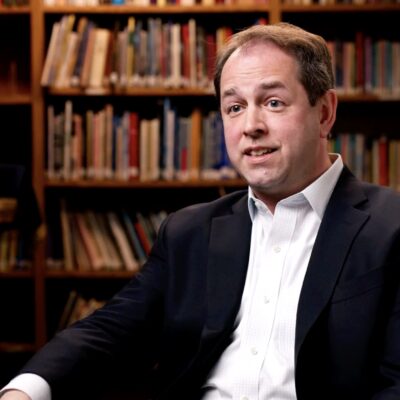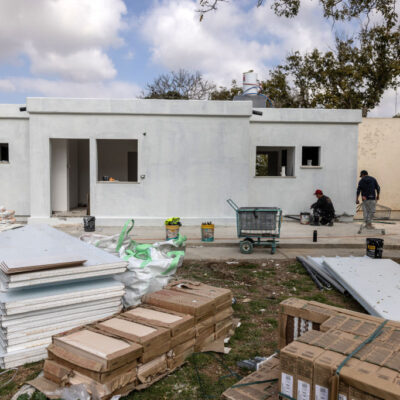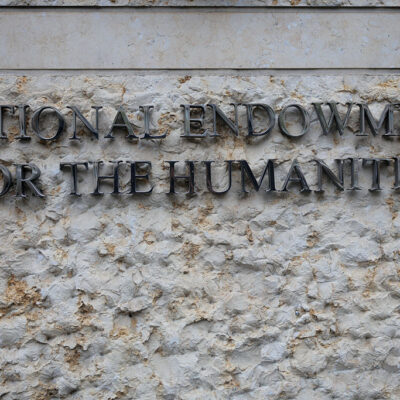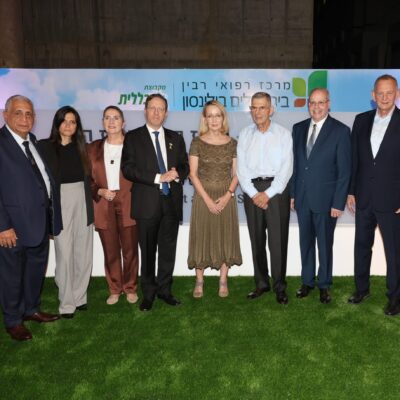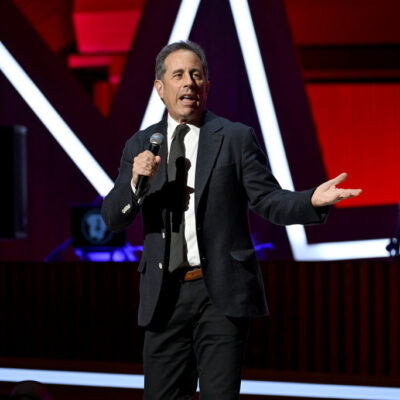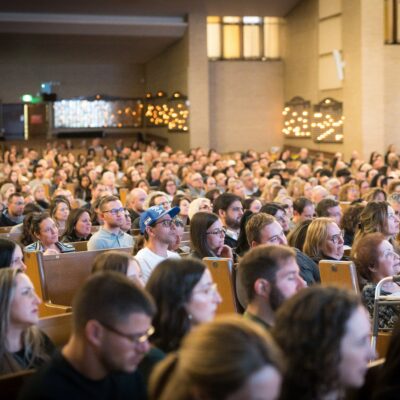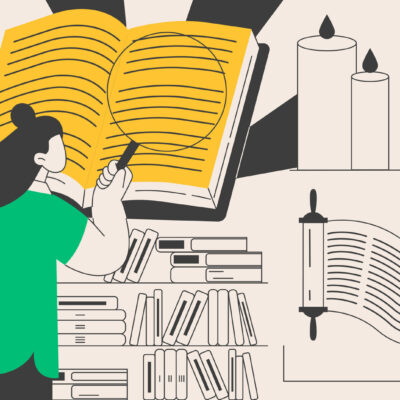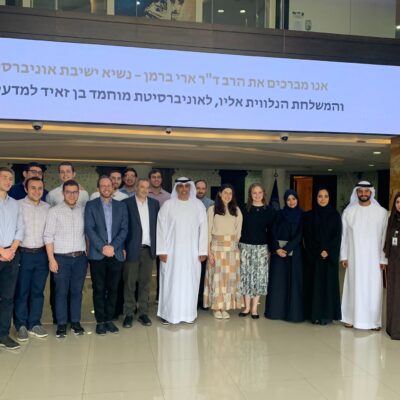Opinion
IMPACT AMPLIFIER
The case for reflection in Israel education
When I was 17, an educational trip changed my life. It was one of the first Jewish educational journeys to Poland in the late 1980s, and my first time traveling abroad: a dreamlike journey filled with unfamiliar places, first-time experiences, teenage intensity, historical drama, deep emotions and excitement. That trip forged my historical consciousness, deepened my bond with the Jewish People and played a defining role in shaping my Israeli identity.
Looking back on that experience through the eyes of an educator, I now see how much of its impact stemmed from the structured reflection and processing built into the journey. I kept a personal diary throughout the trip; we held daily group reflections; and we had preparatory and follow-up meetings before and after the program. When I returned home, I gave talks about my (then very unusual) experience to various groups in my community. That process helped me internalize what I had seen and felt, transforming it into something meaningful I could carry with me and share with others for years to come.

Courtesy/IETA
Members of the Israel Education Travel Alliance visit southern Israel in January 2025.
Since then, I’ve had the privilege of being deeply involved in countless educational trips to Israel and other Jewish destinations, both as an organizer and a guide. Time and again, I’ve witnessed the transformative power of intentional reflection and processing — a simple, cost-effective practice that consistently amplifies the impact of these experiences. And yet, the vast majority of funders and organizers still assume that simply visiting Israel will “do the job.” They often rely solely on the people, places and atmosphere of Israel to leave a lasting impression.
While Israel is indeed powerful, this approach overlooks a vital opportunity to significantly deepen the impact of an experience in which they’ve invested so many resources, simply by making time for thoughtful reflection. Israel trips often overwhelm the senses; participants are constantly on the move, meeting people, exploring sites, hearing stories. It’s intense, emotional and exhilarating. Because of this very intensity, however, it can be hard for participants to make sense of it all or to find the words to describe it afterward. That’s where reflection comes in, not just as a summary, but as a tool for understanding, integrating and sharing the meaning of what they’ve lived through.
Experiential education is rightly celebrated for its ability to engage people emotionally and physically; but without reflection, even the most powerful experiences risk fading into fragmented memories. The educational philosopher John Dewey reminds us: “Mere activity does not constitute experience. It is dispersive, centrifugal, and dissipating.” In other words, experience isn’t just about what we do; it’s about what happens within us because of what we do. And we only unlock that potential if we reflect.
There are many ways to facilitate reflection. Here are three that I find especially effective:
First, personal reflection through writing. Encourage participants to keep a journal, take notes on their phones, or record voice memos throughout the trip. Capturing thoughts and feelings in the moment helps them process what they’re seeing and experiencing. These raw, honest reflections create a powerful record of their emotional and intellectual journey. Of course, it’s not always easy to sit down and write when you’re exhausted and overstimulated. That’s why, especially for younger participants, it helps to set aside structured time for this – maybe with a few guiding questions to get them started. Once it becomes a habit, many find this kind of reflection invaluable.
Second, group reflection and processing. Sharing thoughts and emotions with the group helps connect the dots between different parts of the experience. It also gives participants the chance to learn from each other, to challenge and clarify their own thinking and to practice articulating what they’re going through. This can be especially important after the trip, when participants are asked, “So how was it?” Without having reflected, they might only be able to offer vague praise: “Amazing.” “Life-changing.” “Incredible.” Group processing gives them the language and confidence to go deeper – to explain why it mattered and how it affected them.
Third, storytelling as a form of reflection. After the trip, encourage participants to sit down with someone close to them and really tell the story of their journey. Not just the highlights, but the full arc: the people they met, the places that moved them, the questions that challenged them. Telling the story helps them make sense of it all — and the more they share it, the clearer and more meaningful it becomes. Storytelling helps turn an experience into memory, and memory into identity.
If you’re looking to deepen the impact of your Israel experience, building reflection and processing into your program is essential. It takes planning, time and intentionality, but it’s worth it. In the bigger picture of planning a trip to Israel – with flights, hotels, logistics and security – it’s easy to forget something as “soft” as reflection. But it’s precisely this soft skill that can make the experience truly stick. When compared to the massive investments already made in these programs, reflection is a modest, low-cost intervention that offers disproportionate return.Thoughtful reflection strengthens the meaning participants derive from their journey, and boosts their ability to share that meaning with others afterward, expanding your program’s reach and long-term value. Even in tightly packed itineraries, it’s an investment well worth prioritizing.
If we want participants to return home not just inspired but changed — to keep the experience alive in their lives and communities — we must take reflection seriously. It’s not an add-on; it’s what gives meaning to everything else.
Gilad Peled is a seasoned Israel educator. He is a student in The iCenter and The George Washington University’s master’s program in Israel education, and the editor and co-author of Heartbeats: The Insider’s Guide to Israel.

 Add EJP on Google
Add EJP on Google
